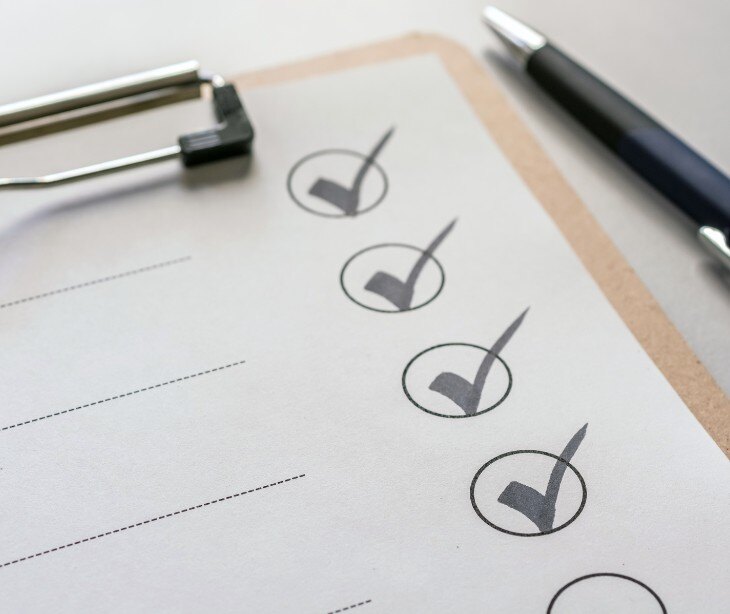
Organizations should retain text messages for regulatory, legal, and operational reasons. Text messages can be critical evidence and data that could become relevant in legal cases.
Text messaging in healthcare
“Figures indicate that 85% of healthcare staff have access to smartphones, and about 60–80% of this clinical staff use text messages to discuss patient care,” says Suvrat Chandra in a study on secure messaging. “The benefits of text messaging are self-evident: ease of use, efficiency, seamless workflow integration,” they say. However, text messaging also introduces new challenges, particularly around the retention and security of these messages. Text messages, like other forms of communication containing protected health information (PHI), must comply with regulatory requirements to ensure privacy and security. For healthcare organizations, understanding the importance of text message retention and adhering to guidelines helps maintain compliance, ensure patient trust, and minimize legal risks.
See also: The guide to HIPAA compliant text messaging
Regulatory compliance
The Health Insurance Portability and Accountability Act (HIPAA) governs the privacy and security of electronic health information. Text messages containing PHI, such as patient diagnoses, treatment plans, or personal health details, fall under HIPAA regulations. To remain compliant, healthcare organizations must secure text messages by encrypting them and ensuring they are stored in a manner that safeguards patient privacy.
HIPAA mandates that healthcare providers must ensure the confidentiality, integrity, and availability of PHI, including communications sent via text message. Additionally, healthcare organizations must retain these messages for legal and auditing purposes, often for a minimum of six years, depending on the state and specific healthcare laws. Failure to comply with these regulations can result in substantial fines, penalties, and legal liabilities.
The importance of retaining text messages
Text messages exchanged between healthcare providers and patients often contain information related to patient care, appointment scheduling, and medication management. Retaining these messages is important for several reasons:
- Medical records documentation: Text messages can be part of a patient’s medical record, documenting critical exchanges between patients and providers. These communications may include treatment instructions, lab results, or follow-up care guidelines, all of which must be retained to provide a complete record of the patient’s care journey.
- Legal protection: Healthcare providers may face legal challenges, such as malpractice claims or disputes over patient communication. Retaining text messages as part of official patient records can provide evidence that can be used to resolve disputes or demonstrate adherence to standard care practices.
- Audit and compliance requirements: Regulatory bodies may audit healthcare organizations to ensure compliance with HIPAA and other industry regulations. Retained text messages can be part of an audit trail, demonstrating that the organization has appropriately protected patient information.
Best practices
To ensure compliance and security when retaining text messages in healthcare, organizations should follow these key best practices:
- Use secure messaging platforms: Use HIPAA compliant tools, like Paubox Texting, that offer encryption and data archiving.
- Encrypt messages: Protect text messages containing PHI with encryption.
- Establish retention policies: Develop clear policies for retaining and archiving text messages in line with legal requirements.
- Conduct regular audits: Periodically audit communication practices for HIPAA compliance.
- Train staff: Educate staff on secure messaging practices and compliance regulations.
- Update security measures: Regularly update encryption and security protocols to protect against evolving threats.
FAQs
Can regular SMS be used for healthcare communication?
Traditional SMS lacks the necessary encryption and security features required for transmitting PHI. Healthcare providers should use secure messaging platforms that offer encryption, user authentication, and archiving capabilities.
What happens if I don’t retain text messages properly?
Failure to retain text messages in compliance with regulations such as HIPAA can result in fines, penalties, and legal liabilities. It can also compromise patient care if important information is lost or inaccessible.
Subscribe to Paubox Weekly
Every Friday we'll bring you the most important news from Paubox. Our aim is to make you smarter, faster.



